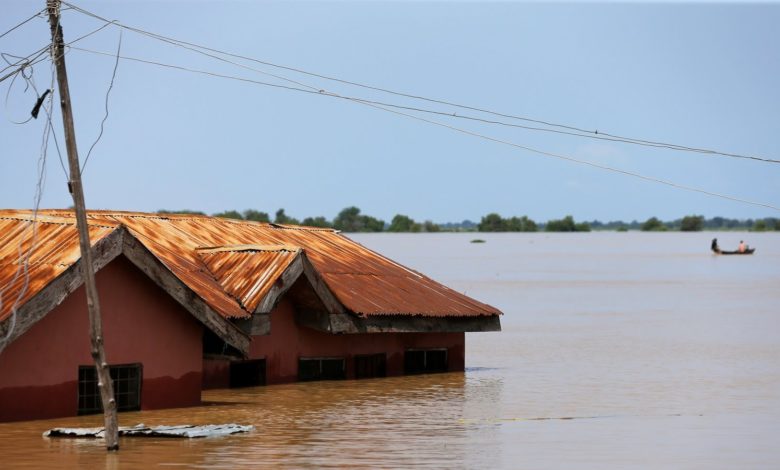Survey Shows Link Between Education, Desire For Climate Action

A United Nations Development Programme (UNDP) and University of Oxford survey released in January has shown a direct link between a person’s level of education and their desire for climate action.
The UNDP’s “Peoples’ Climate Vote” by 1.2 million respondents is considered the world’s largest survey of public opinion on climate change.
Although the survey was conducted during the COVID-19 crisis, there was widespread recognition of climate change as a global emergency.
The survey which covered 50 countries with over half of the world’s population, showed that 64 per cent of the respondents said that climate change was an emergency, which presented a clear and convincing call for decision-makers to step up on ambition.
The survey was distributed across mobile gaming networks to include hard-to-reach audiences in traditional polling.
“The survey – the biggest ever survey of public opinion on climate change – has shown us that mobile gaming networks cannot only reach a lot of people, they can engage different kinds of people in a diverse group of countries,” Prof. Stephen Fisher of the Department of Sociology, University of Oxford, said.
Results of the survey showed that people often wanted broad climate policies beyond the current state of play.
In eight of the 10 survey countries with the highest emissions from the power sector, majority backed more renewable energy, the survey revealed.
In four out of the five countries with the highest emissions from land-use change and enough data on policy preferences, majority support conserving forests and land, the survey found.
The survey also highlighted that nine out of 10 countries with the most urbanised populations backed more use of clean electric cars and buses or bicycles.
The UNDP Administrator Achim Steiner was quoted to have said: “The results of the survey clearly illustrate that urgent climate action has broad support amongst people around the globe, across nationalities, age, gender and education level”.
Steiner added that the poll revealed how people wanted their policymakers to tackle the crisis.
“From climate-friendly farming to protecting nature and investing in a green recovery from COVID-19, the survey brings the voice of the people to the forefront of the climate debate.
“It signals ways in which countries can move forward with public support as we work together to tackle this enormous challenge.
“There was very high recognition of the climate emergency among those who had attended university or college in all countries, from lower-income countries such as Bhutan (82 per cent) and the Democratic Republic of the Congo (82 per cent) to wealthy countries like France (87 per cent) and Japan (82 per cent),” the survey showed.
Support Our Journalism
There are millions of ordinary people affected by conflict in Africa whose stories are missing in the mainstream media. HumAngle is determined to tell those challenging and under-reported stories, hoping that the people impacted by these conflicts will find the safety and security they deserve.
To ensure that we continue to provide public service coverage, we have a small favour to ask you. We want you to be part of our journalistic endeavour by contributing a token to us.
Your donation will further promote a robust, free, and independent media.
Donate HereStay Closer To The Stories That Matter




